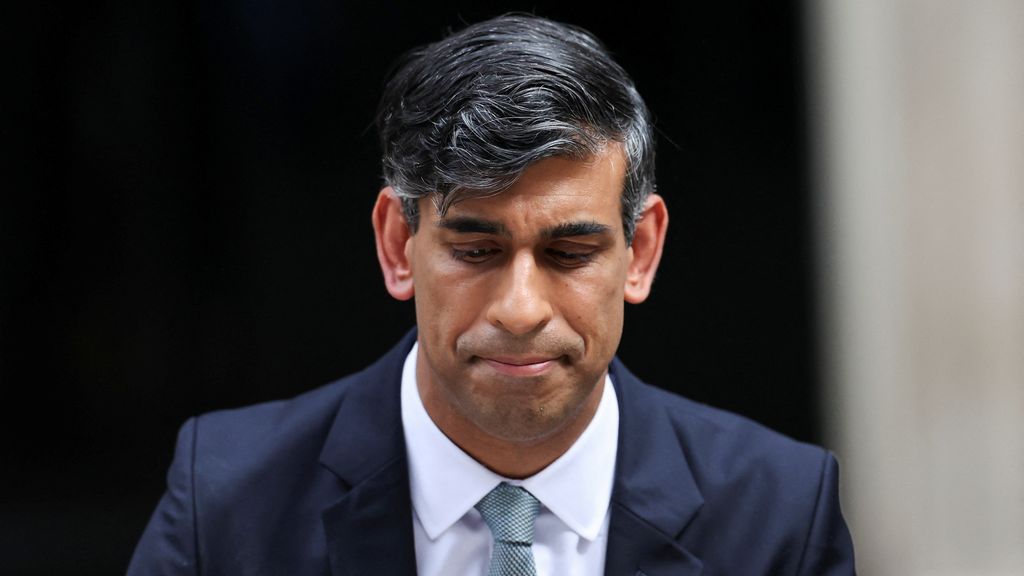News News•
The use of discriminatory algorithms appears to be widespread among government agencies. “People often don’t realise it,” warns Aleid Wolfsen, head of the Dutch Data Protection Authority (AP). NOS 1 Radio News.
This relates to the algorithms governments use to detect fraud. “If you discriminate on the basis of age or education level, you have to have good evidence of that.” The director of the privacy watchdog said that this does not appear to be the case very often.
He gives as examples the controversial fraud record of several municipalities. And the violations at the Education Executive Agency (DUO) in relation to student funding. NOS op 3 and the research agency Investico found that DUO frequently accused students with a migration background or a lower level of education of fraud.
painful
Wolfson describes what is particularly painful about the lack of good evidence for using these risk indicators in the DUO algorithm. In Interview with De Volkskrant “The fact that we find these types of systems with every tile we remove worries me,” he says today. “So there’s probably widespread discrimination.”
People have been warning about this problem for years. Agencies say they are under pressure to uncover misuse of taxpayer money with limited resources. 100% control is impossible, so we investigate where the risk of fraud is highest.
Wolfson agrees that it makes sense to make these kinds of choices. “Only then should you have an objective reason for the selection criteria.”
consciousness
According to the AP director, awareness is a critical part of the solution. “Systems are built by programmers, who often have less understanding of the basis on which you can discriminate. Whereas the people who make the policies are often less familiar with how the algorithm works. And that’s where things often go wrong,” he explains.
Another recommendation is transparency about the use of algorithms to detect fraud. Wolfson advises telling us on what basis a person is selected. In addition, the AP itself wants to do more and double the agency’s oversight staff. “We should be doing spontaneous investigations more often, rather than doing investigations after a complaint is filed.”
The director points to the controversial algorithm DUO used to detect abuse. “This system has been in use for ten years and we have never had a single complaint about it. The victims were not aware that they were being selected based on an algorithm.”
The AP’s performance has also been criticized in recent years. The National Ombudsman’s Office found in 2021 that many citizens who filed complaints faced a closed door. The following year, problems persisted due to backlogs and long wait times.







